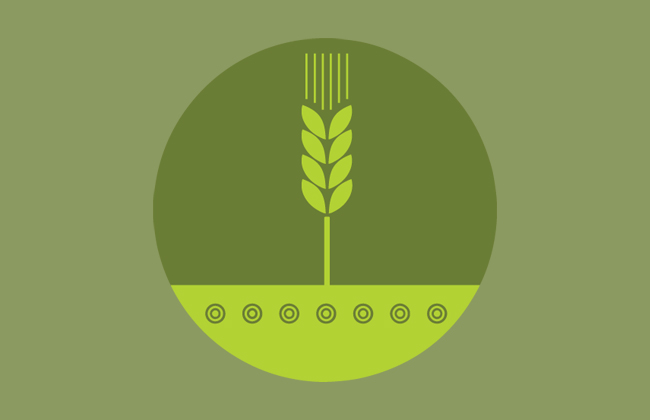Wild pigeon, rock pigeon.
Name - Origin
wild pigeon (Great Encyclopedia of Cyprus, vol. 2, entry αρκοπέζουνον ή πιπίνιν, 303), stray pigeon (Yangoullis 2009, entry αρκοπέζουνον,το, 76)
The non-domestic pigeon. It is grey to light blue in colour with two black stripes on the wings and a broad black line at the end of the tail. Its throat is golden-green, its legs red, its eyes orange, and its length at about 33 cm. (Great Encyclopedia of Cyprus, vol. 2, entry αρκοπέζουνον ή πιπίνιν, 303).
Scientific name: Columba livia/Columbidae (Great Encyclopedia of Cyprus, vol. 2, entry αρκοπέζουνον ή πιπίνιν, 303)
It is consumed boiled (Great Encyclopedia of Cyprus, vol. 2, entry αρκοπέζουνον ή πιπίνιν, 303).
Functional and symbolic role
Their meat is tough.
Additional information and bibliography
In the village of Sotira, in Famagusta district, they used to put baskets covered with cloth and straw in covered parts of the yard for the wild pigeons to give birth there and then they would take the young ones for consumption (oral testimony of Kyriakos Panteli, 71 years old, Sotira - Famagusta).
Yangoullis K. G. (2009), Thesaurus of the Cypriot dialect. Interpretative, Etymological, Phraseological and Nomenclatural Dictionary of the Medieval and Modern Cypriot Dialect, Theopress Publications, Nicosia.
Pavlides A. (ed.) (1985), Great Encyclopedia of Cyprus, vol. 2, Filokypros, Nicosia.
Savvides L. (1999), Αγριόχορτα που τρώγονται: Από τη χλωρίδα της Κύπρου, Print today, Nicosia.
Oral testimony: Kyriakos Panteli, 71 years old (dob 20/02/1943), Sotira - Famagusta.
Kyriaki Panteli, Argyro Xenophontos
